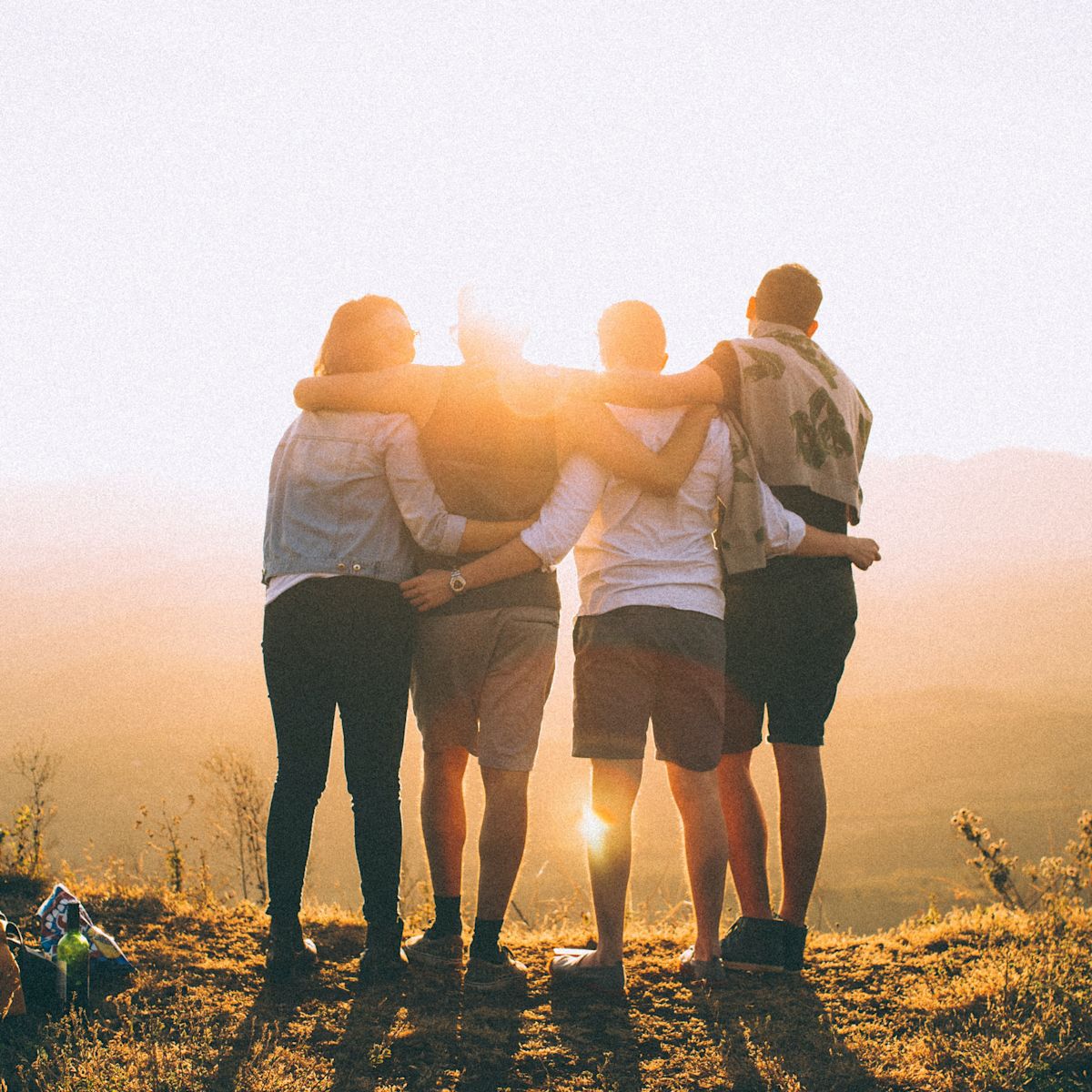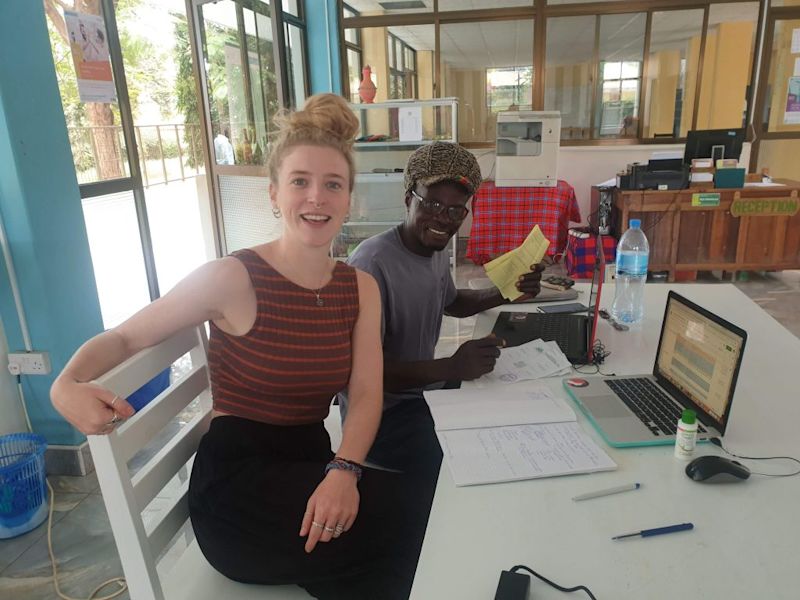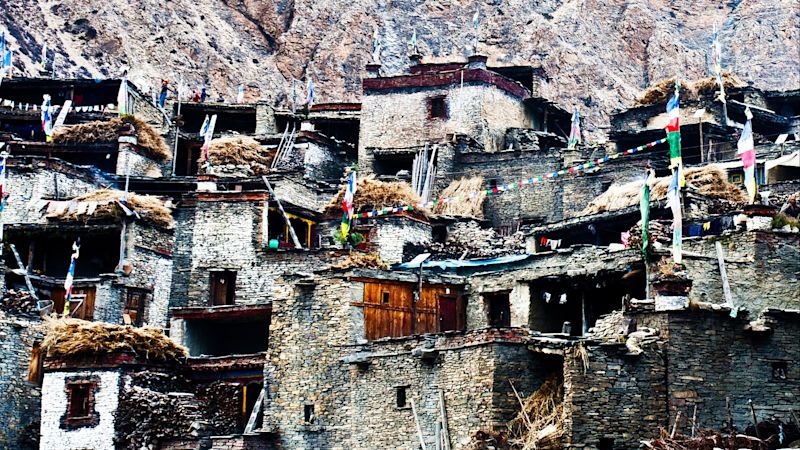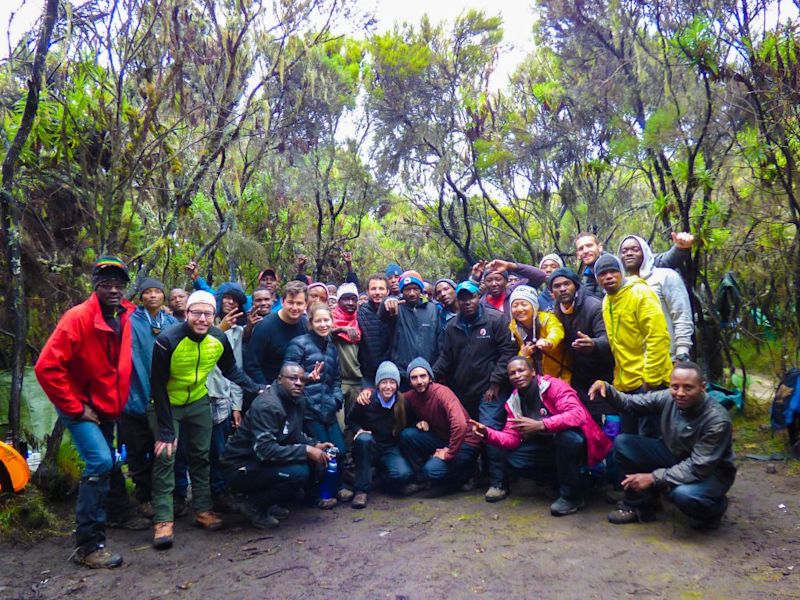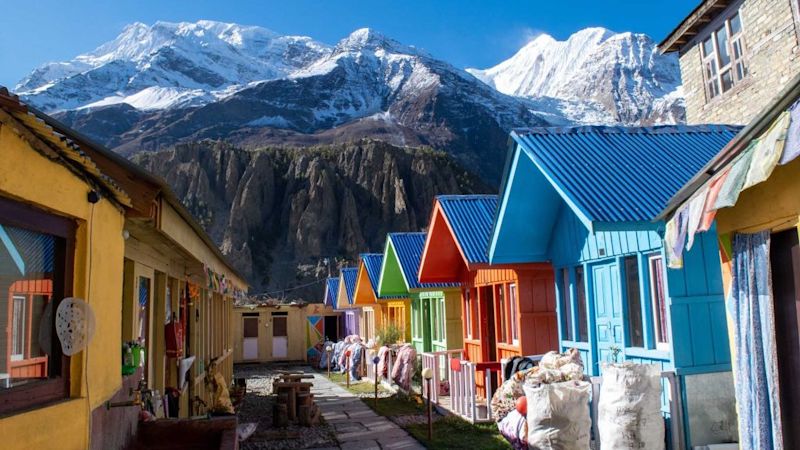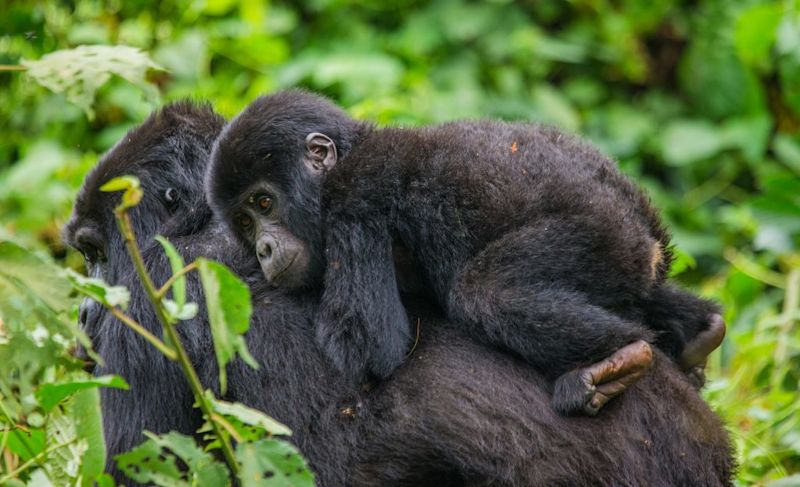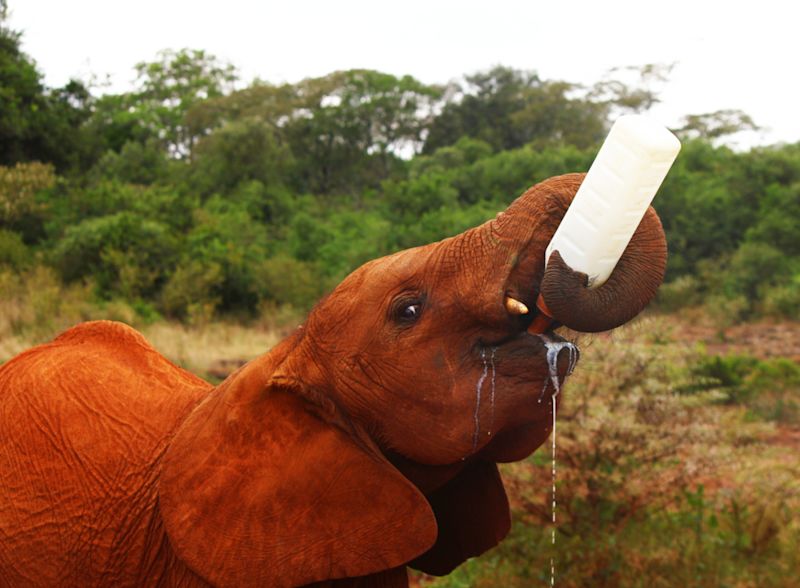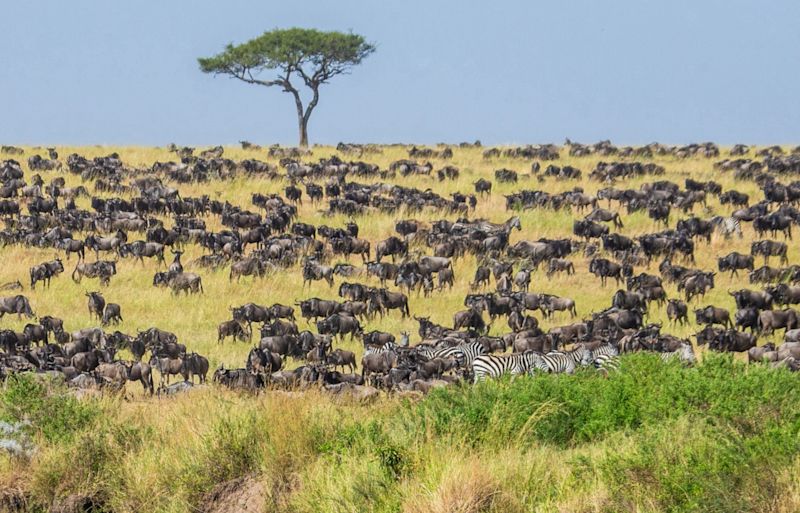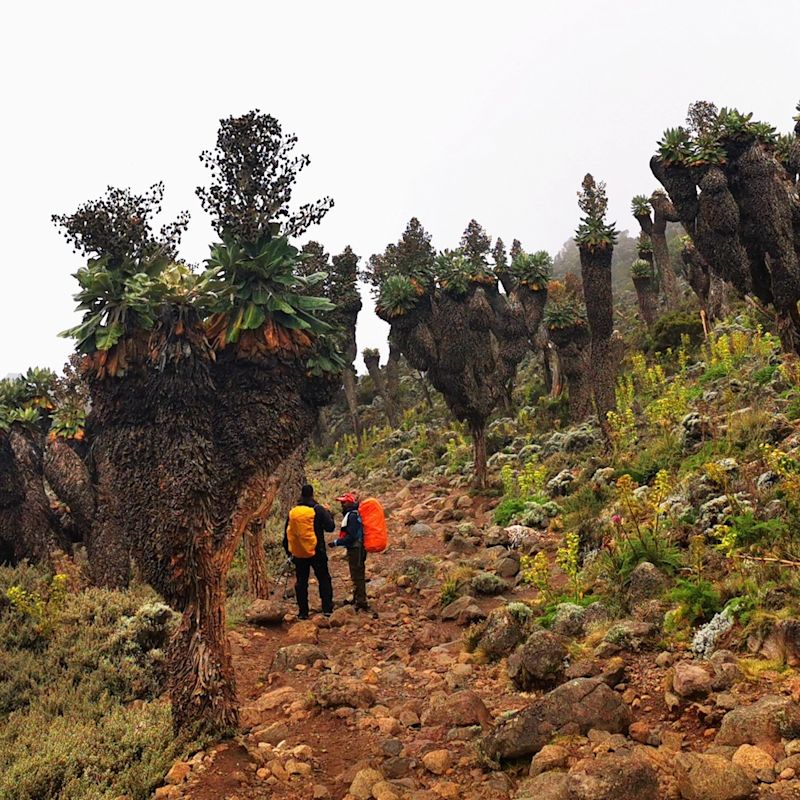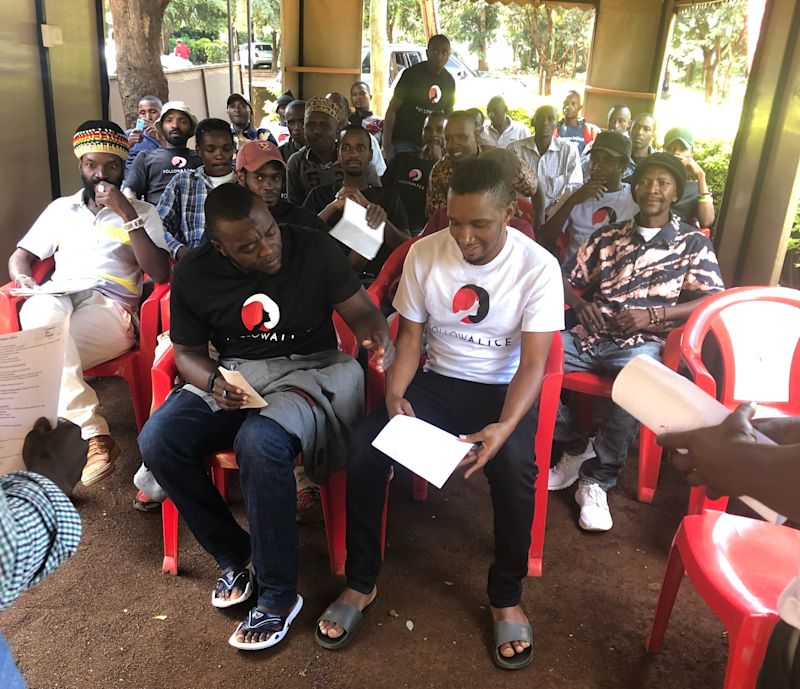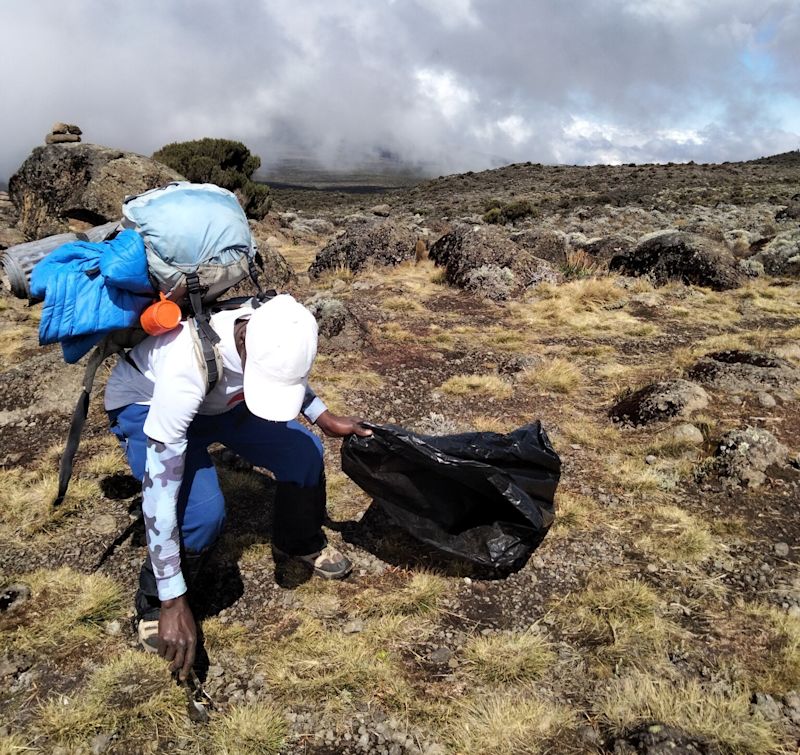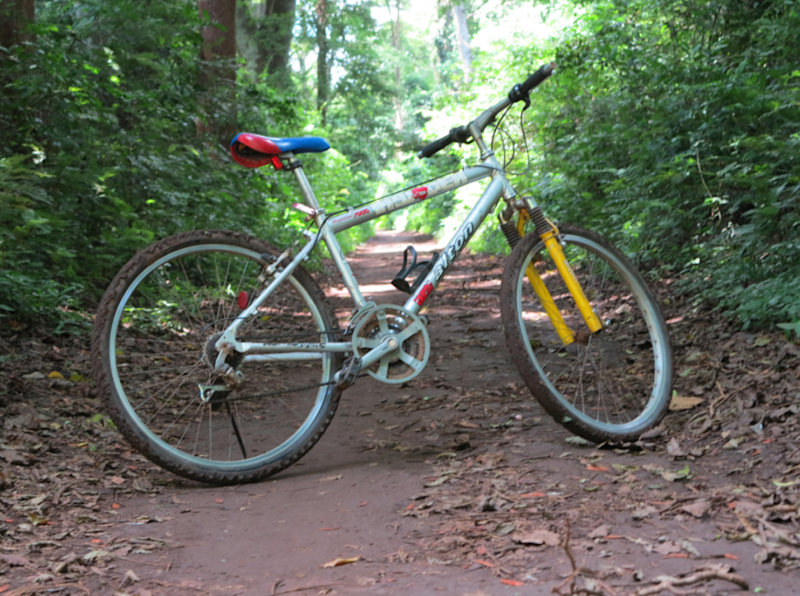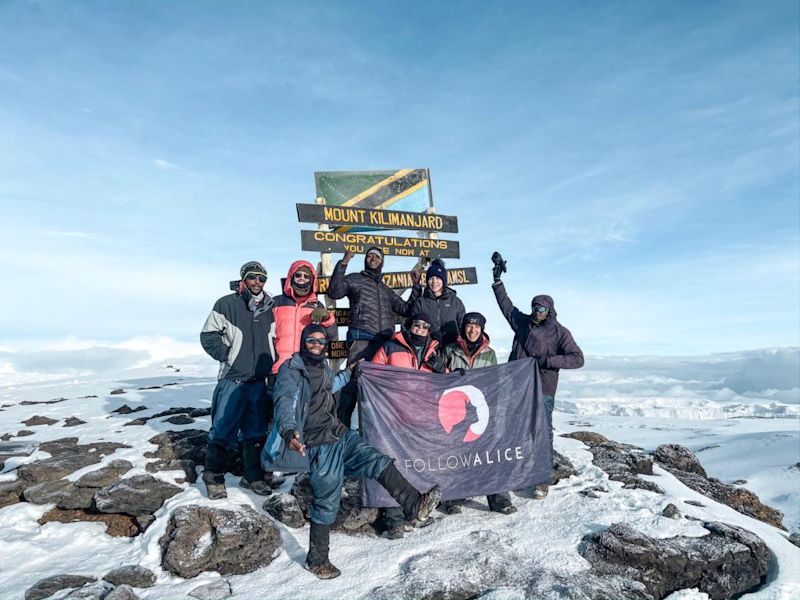Sustainable tourism is a big, broad topic. And a very important one.
At Follow Alice, it's something we talk about a lot. The reason for this is that we want to be involved in meaningful, responsible adventure tourism.
As a group of travel enthusiasts, we want our company to succeed, but we also care about how we go about doing that. We care about the mark – figurative and literal – that we make on the world.
We want to offer an excellent travel operator service that is part of the solution, not the problem!
More specifically, at Follow Alice we want to ensure we're benefitting the local economy, and helping local entrepreneurs to succeed. We also want to ensure we're protecting the beautiful (and often fragile) environments and wildlife we are encouraging people to visit.
We're an international team, but we try to get together regularly
How do we do that?
Well, first off, we have to say that we don't have all the answers. We're a growing company and are always open to improving and adapting our ideas and methods. That said, we're already making an effort in many ways, and hope to only feel prouder in the future of the further improvements we make to our business model.
So let's discuss sustainable (or responsible) tourism – what we think it involves, and how we're trying to be part of this important movement.
Adventure tourism often means visiting remote people and places, and raises the important question of whether you're benefitting or harming the communities and nature you visit.
Our Nar–Phu and Annapurna Circuit trek takes clients into seldom-visited communities
What we care about
We think there are four guiding questions with regards to responsible tourism that should inform our decisions as a travel operator:
- Do our services offer local entrepreneurs opportunities for growth?
- Does our business benefit the local community and economy?
- Do we help to protect – or at least not harm – the visited wildlife?
- Do we help to protect – or at least not harm – the visited environment?
Communities, animals, the environment ... sustainability and responsible tourism matter to us.
1. Do our services offer local entrepreneurs opportunities for growth?
We're happy to say that this is one of our strengths, baked into the DNA of Follow Alice.
In fact, our origin story is one of partnership between a couple of international travellers and a handful of Tanzanian entrepreneurs wanting to start their own company offering Kilimanjaro climbs and Tanzanian safaris.
Today, Follow Alice offers a dozen select adventure trips around the world, mostly in East Africa and Asia.
In each country we partner with local tour guides, helping them to establish and grow their own businesses as tour guides. Chris and Robert Sichalwe, for instance, our Kilimanjaro lead trek guides, employ over a hundred individuals.
We hope that as Follow Alice continues to grow, ever more people will be empowered through partnering with us to build thriving tourism-based careers.
2. Does our business benefit the local community and economy?
Once again we have a big topic on our hands. Let's look at two important ways we feel our business can and does benefit local communities and economies ...
Forming partnerships that seek to ensure the well-being of industry employees
A good example here is our membership in the Kilimanjaro Porters' Assistance Project (KPAP), which advocates for the well-being and fair treatment of porters, the backbone of every Kilimanjaro climb.
Joining KPAP isn't something you just do – you must earn your membership.
To become a KPAP member, we had to prove over time that we're committed to paying and treating the porters on all of our climbs in accordance with industry best practices. We're proud to now be a member of such an important NPO.
In keeping with KPAP guidelines, we also work hard to educate clients pre-climb about the important Kilimanjaro tipping ceremony. This is a customary celebration at the end of each climb where there's singing, dancing, some thank-you speeches, and the handing out of tips by climbers to the mountain crew.
Climbers need to be prepared financially to participate in this important custom, which helps to supplement the crew's wages and so provide them with liveable incomes.
It's important to us to be a company who really looks after its mountain crew
We also encourage clients in our pre-climb literature to consider donating clothing and trekking equipment like boots, jerseys and backpacks to the mountain crew at the end of the climb.
Many crew members are in need of such items (often because of intense wear and tear) but cannot afford the to purchase new or truly quality items. Donations of new or secondhand trekking gear are extremely appreciated by the recipients.
Offering adventure trips that support under-serviced communities and under-developed areas
A case in point ... when you go trekking in Nepal, you not only hire local guides and porters, but you also stay and eat in locally owned teahouses and lodges. These multiday treks thus provide a steady income for many remote Nepali towns and villages.
Adventure travel is, in fact, one of the more socioeconomically beneficial types of travel. With the treks in Nepal just mentioned, for example, it's largely the local communities themselves who benefit financially from trekkers' presence and purses.
If this topic interests you, you might also like to read Why adventure travel is more sustainable than regular travel.
Adventure travel is happily one of the more responsible forms of travel.
Further, because adventure tourism often takes place in remote, underdeveloped regions, its existence can lead to improved investment, resources and infrastructure being channelled towards these areas and communities.
Once again we've hit on a big topic (!), and there isn't the space to go into too much detail. But we love knowing that by offering such trips, we're helping to support meaningful and dignified business opportunities in many remote communities.
The town of Manang on the Annapurna Circuit really benefits from trekking tourism
We're always trying our best to put policies and practices in place that help us to be really proud of what it is that we do and offer.
All that said, we want to make an important point. We don't feel it's our responsibility – or that of our clients – to fix any country's inequalities. Our main priority is to engage in adventure tourism in an ethical way that brings money and opportunities to the local economy and community. That is how we can contribute meaningfully to a destination's improvement.
We explain our thinking on this matter in more detail in How we approach sustainability and corporate responsibility at Follow Alice.
3. Do we help to protect – or at least not harm – the visited wildlife?
Certain adventure activities do, by the very nature of their setup, seek to benefit the wildlife of an area.
Gorilla trekking, for instance, is an expensive exercise, but it's an industry that exists precisely because the parks need funds for their conservation efforts. These efforts include boundary maintenance, anti-poaching patrols, research, and veterinary services.
When you pay your US$700 for a gorilla trekking permit in Uganda, or US$1,500 for a permit in Rwanda, you know that a chunk of that money is going towards protecting mountain gorillas and preserving their forest habitat. And because both the Ugandans and Rwandans strictly limit and control human interactions with the gorillas, you can be confident that your visit isn't harming the gorillas.
We love taking clients to see mountain gorillas in Rwanda and Uganda
Game park fees
Game parks also of course charge an entrance fee, which is used to fund staff salaries, the running of the park, and so on. We only take our clients to reputable game parks like Tanzania's Serengeti and Kenya's Amboseli, which are concerned with proper wildlife conservation.
It's important to only support parks and reserves that treat their animals well and have their conservation as a priority.
We also offer clients the option of visiting smaller reserves and animals orphanages that help to rehabilitate wildlife. The Ziwa Rhino Sanctuary in Uganda, for instance, is somewhere we like to take clients to support the reintroduction of the black rhino into that country.
A calf being fed at the Sheldrick Elephant Orphanage in Nairobi, Kenya
Being respectful of the wildlife
We also can assure our clients that all of our safari guides love and respect animals, and behave accordingly.
We're referring here to the fact that they never drive too close to the animals just so visitors can see them closer up. They'll also never honk their car horns to get the wildlife to react, or engage in any other similarly unscrupulous practices. Sadly, we can't say the same about all safari guides.
Serengeti National Park is the primary location of the Great Wildlife Migration
4. Do we help to protect – or at least not harm – the visited environment?
At Follow Alice we're leading people on adventure trips in various ecosystems.
Usually the very reason we visit these places is because the environment is unique, beautiful or rare. So this means we all need to tread responsibly (both literally and metaphorically) so as to leave as little evidence as possible that we were there.
The giant groundsels of Kilimanjaro's moorland band are one of the unique plants that never fail to enchant visitors
With this in mind, we do our best to educate our clients before and during their trips on ways to leave as small a footprint as possible in the visited location.
Our primary ways of doing this are:
- The articles in our knowledge library
- The PDFs we offer for free download
- The emails, PDFs and conversations we have with clients when they've booked a trip
- Guidance from our local leader when you're actually on a Follow Alice trip
Occasionally, where we see the opportunity, we also like to provide ways to actually improve the natural environment which we discuss in just a moment.
Leaving no trace
In our Kilimanjaro preparation PDF, for example, which is sent to clients who have signed up to climb the mountain, we run through the rules laid out in Kilimanjaro National Park's 'leave no trace' policy. This includes knowing what items to pack to ensure you leave no litter (not even toilet paper) on the mountain.
We also partner with the NGO Leave No Trace, which aims to teach people around the world how to camp and hike as sustainably as possible. We aim to help share their practical tips with both clients and our on-the-ground crews.
So in 2022, for instance, we asked Leave No Trace to hold a workshop with our Kilimanjaro crew on how to trek and camp sustainably.
Our Leave No Trace Kilimanjaro workshop
Leaving a positive legacy
A relatively new focus for us is looking for ways to actively benefit the environment, rather than just minimise our impact.
In late 2022, for instance, during the off-peak season, we sponsored half a dozen of our Kilimanjaro crew to take part in a multiday mountain cleanup effort, that saw them remove bags and bags of litter from the mountain!
Our Kilimanjaro crew took part in a multiday mountain cleanup initiative in late 2022
We also want to offer our clients activities that allow them to give back to the environment in the visited destination should they ask for such opportunities.
As discussed in The 10 best things to do in Kilimanjaro region, for instance, those visiting Rau Forest Reserve can take part in the “One trip – one tree” initiative. This is where you're given a seedling to plant in the forest. The initiative is offered by Rau Eco & Cultural Tourism, a community-based youth tourism enterprise. This means you leave Tanzania knowing your tree is growing and helping to fight climate change.
Those who visit Tanzania's Rau Forest Reserve can take part in its "One trip – one tree" initiative
Choosing eco-friendly partners
Where possible, we're increasingly looking to partner with accommodations and other businesses that have eco-friendly practices and models.
This focus on eco-friendly partners is, however, a work in progress. We're not yet where we hope to be one day. We're still getting to know certain locations and accommodation options. And as we get to know them better, we're adjusting our choices.
It's vitally important to protect the integrity of Kilimanjaro's precious ecosystems
Please note that sometimes the more eco-friendly accommodation options are pricier than the mid-range offerings. If you're keen to only stay at really eco-friendly establishments, please just let us know and we'll happily propose only such options for you.
Adventure challenges for causes
One final note.
We have in the past had a handful of inspiring clients come to us wanting to climb Kilimanjaro as part of an effort to raise funds or awareness for people or organisations close to their hearts. We're always really pleased to be approached by such folks, and have loved helping them to achieve their goals.
You might like to read about one of them here: Climbing Kilimanjaro for Down syndrome.
If you're interested in taking on Kilimanjaro – or any of our other treks or adventures – for a cause, please chat to us. We'd love to help you in your efforts. 😀
